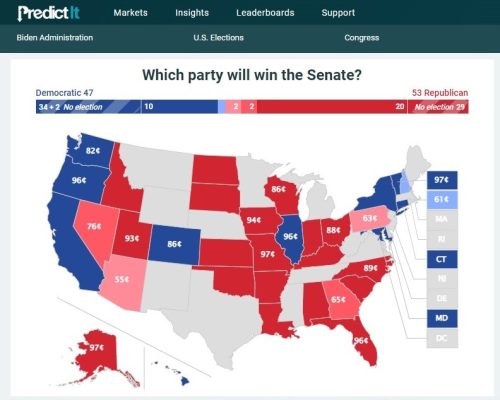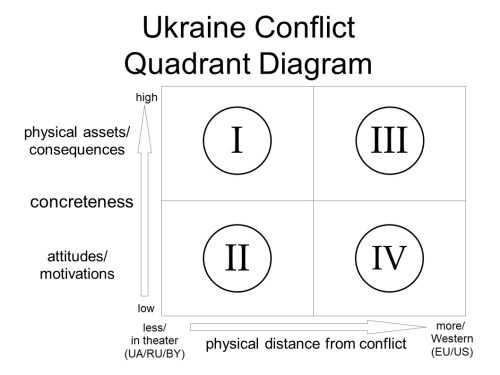This is very good.
Left-of-Center Candidate: I understand. We will work to ensure that your wages are not compressed.
Audience Member: You are not listening. That’s not what I said; I don’t like the direction the nation’s immigration policies have taken our country. You have supported the Government’s policies—at the very least, you have not opposed them. I don’t like where we are now as a result—not that the other opposition parties would do anything different.
Left-of-Center Candidate: No, that’s not right. My job is not to ensure your personal vision of the good society. I live in the real world—in the European Union—which (in effect) determines our national immigration policy—in conjunction with international law and our treaty commitments. My job is to act within that context in protecting your objectively rooted economic interests…
Sound familiar? The immigration policies of the Democratic and establishment Republican parties appear to include:
1. Open borders.
2. A preference for the interests of an international coalition that includes American elites over those of Americans overall, and for the interests of refugees and illegal immigrants over those of poor and working-class Americans.
3. Hostility to Americans who oppose current US immigration policies and want their government to promote the interests of Americans exclusively.
In the real world that Seth’s hypothetical candidate invokes, many US and European pols should lose their jobs for disregarding the voters’ wishes on this issue.
(See also Seth’s earlier American Spectator piece: East Wall and the Plantations: Ireland and Its New Migrants)
UPDATE: See this 2016 post by Seth.

